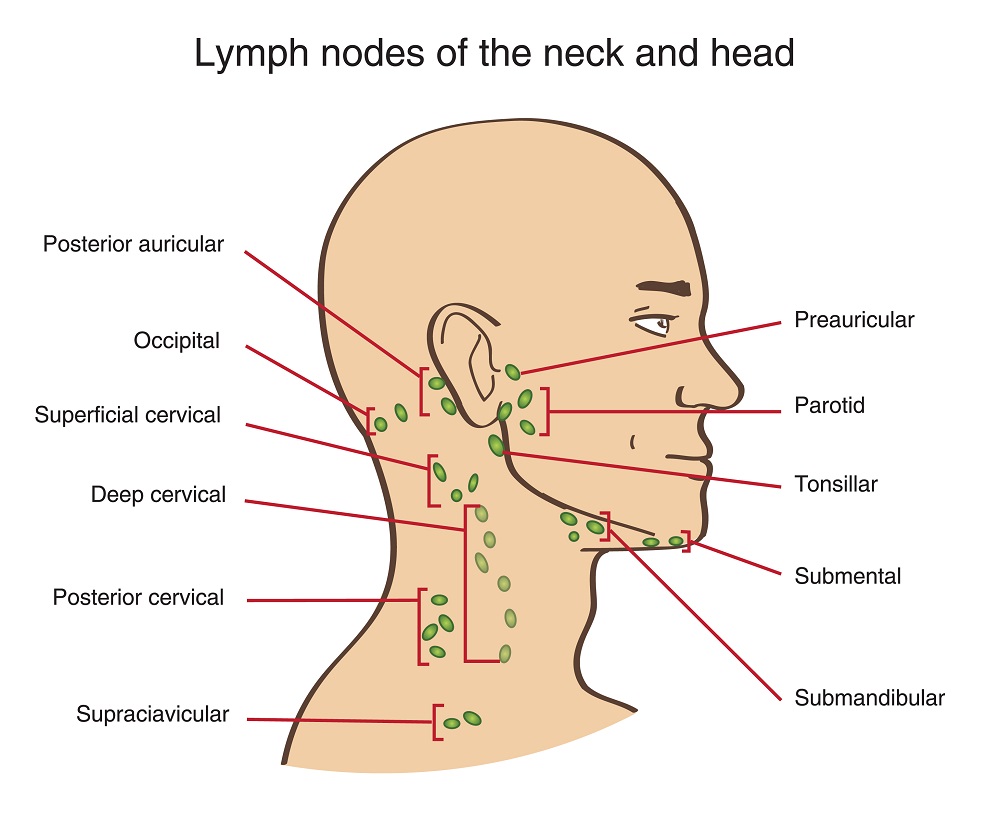Surgery for thyroid cancer
Surgery is the main treatment for thyroid cancer, except for some anaplastic thyroid cancers. If thyroid cancer is diagnosed after needle biopsy, surgery to remove the part or all of thyroid gland is usually recommended. Surgery may also be considered for diagnostic reasons when biopsy is abnormal and also in the setting of symptomatic goiter or in Graves diasease. The incision will be at the center of the neck preferably in a crease extending about a few centimeters.
Thyroid lobectomy
This operation may be used to treat differentiated (papillary or follicular) thyroid cancers where tumor is confined to the thyroid gland and there is no sign of spread beyond the gland. It may also be used as a diagnostic measure when needle biopsy is not clearly diagnostic.
An advantage of this surgery, is that some patients might not need to take thyroid hormone pills afterward because it leaves part of the gland behind and there is no concern for hypoparathyroidism or low calcium levels since half the gland remains untouched. It may limit interpretation of blood test (thyroglobulin) used to monitor patients with thyroid cancer after surgery.
Total or near total thyroidectomy
Thyroidectomy is surgery to remove the thyroid gland. As with lobectomy, this is typically done through an incision across the front of the neck. This is the most common surgery for thyroid cancer. If the entire thyroid gland is removed, it is called a total thyroidectomy or near-total thyroidectomy.
After a thyroidectomy you may need additional treatment such as radioactive iodine. You will need to take daily thyroid hormone (levothyroxine) pills. An advantage of total thyroidectomy is that thyroglobulin levels may be monitored more easily.
Lymph node removal
If cancer has spread to nearby lymph nodes in the neck, these will be removed at the same time surgery is done on the thyroid. Compartmental removal of the nodes in the central neck (near the thyroid) with or without lateral neck (side of the neck) is the treatment of choice. Berry picking or removal of only abnormal nodes is not recommended.
Risks and side effects of surgery
Complications are less likely to happen when the operation is done by an experienced thyroid surgeon. Patients who have thyroid surgery are often leave the hospital within a day after the operation. Patients with more extensive surgery such as neck dissection may stay longer at hospital. Potential complications of thyroid surgery include:
- Temporary or permanent hoarseness or loss of voice. It may also occur if the nerves to the vocal cord (recurrent laryngeal nerve) is damaged during surgery. Examination of vocal cords before or after surgery may be performed. Irritation to the trachea and larynx and irritation of the nerves may result in temporary hoarseness of voice.
- Damage to the parathyroid glands (small glands near the thyroid that regulate blood calcium levels). This can lead to low blood calcium levels, causing numbness and tingling sensations around the mouth and fingertips and muscle spasms.
- Bleeding or formation of a large blood clot in surgical bed in the neck (hematoma)
- Wound infection


